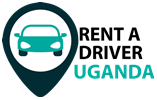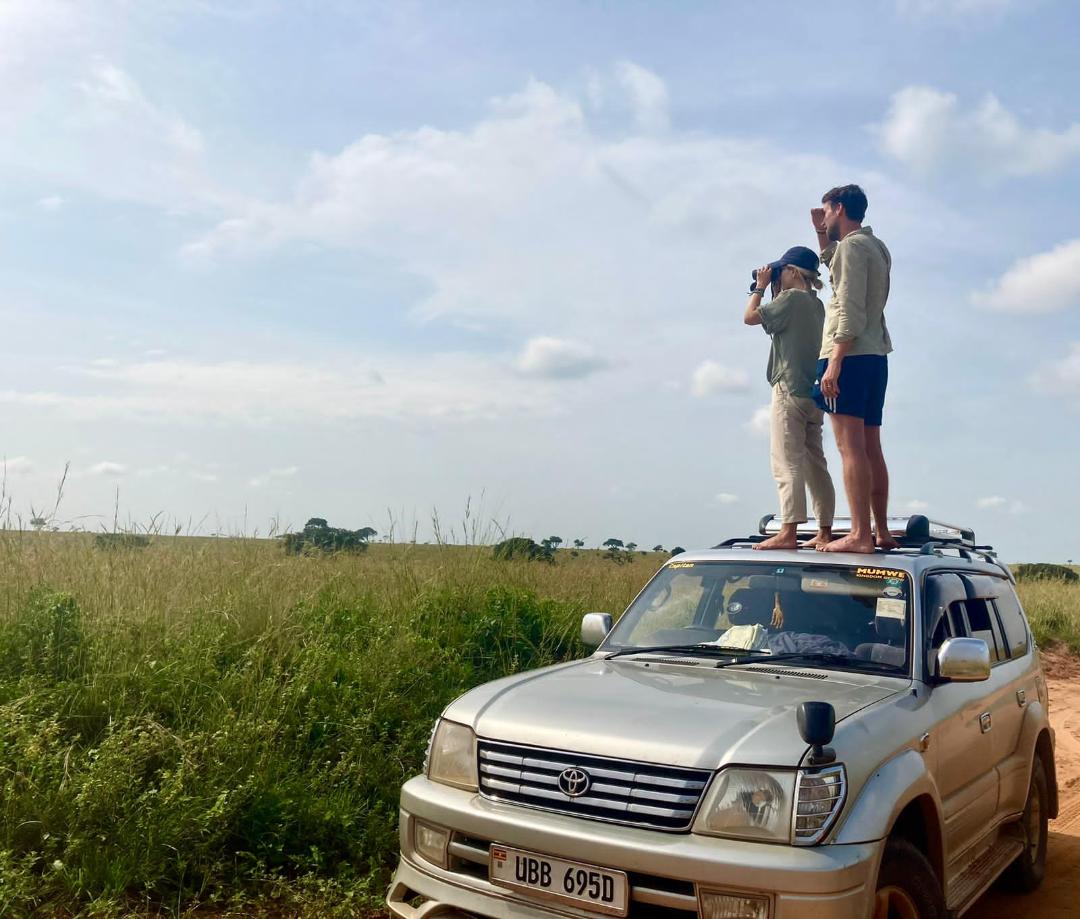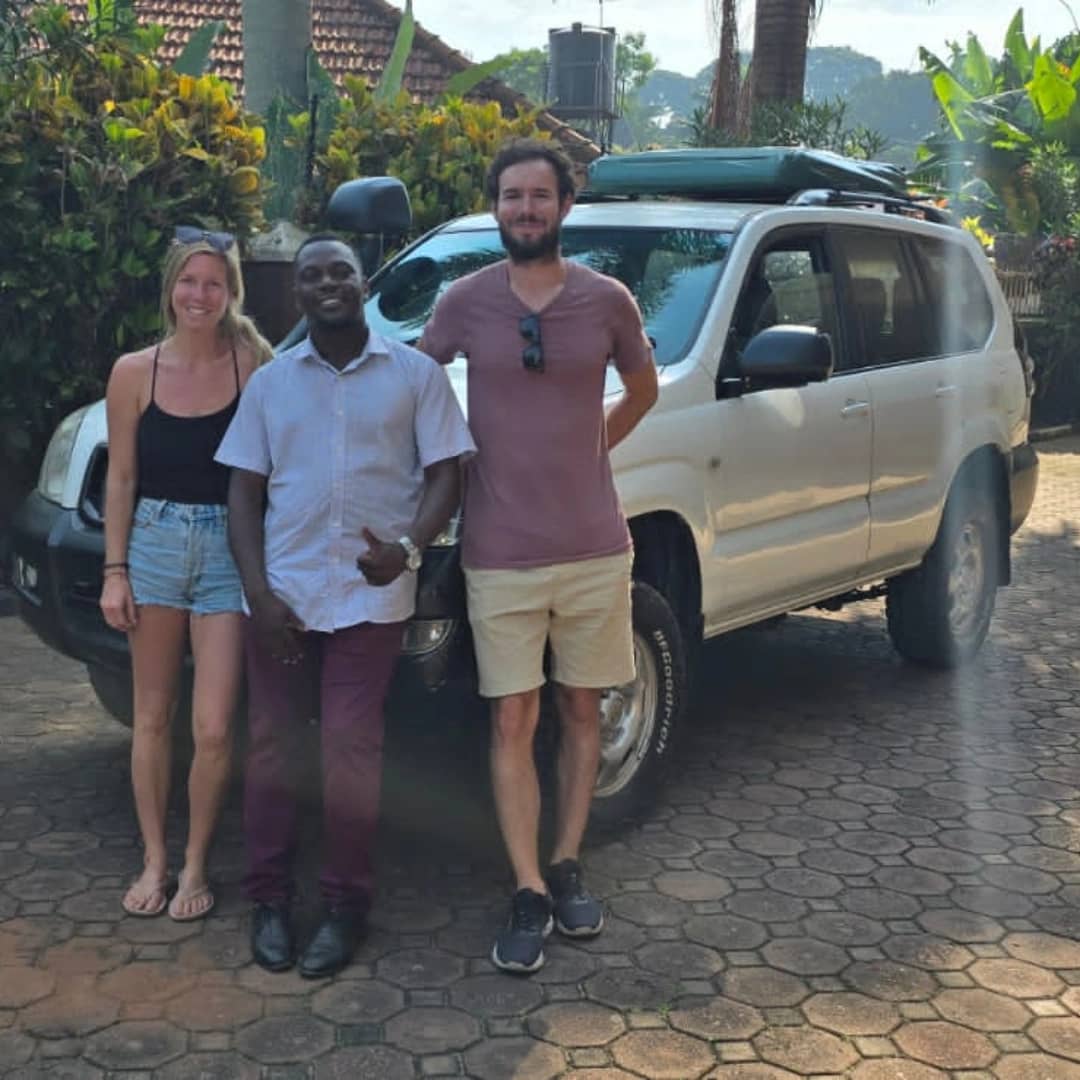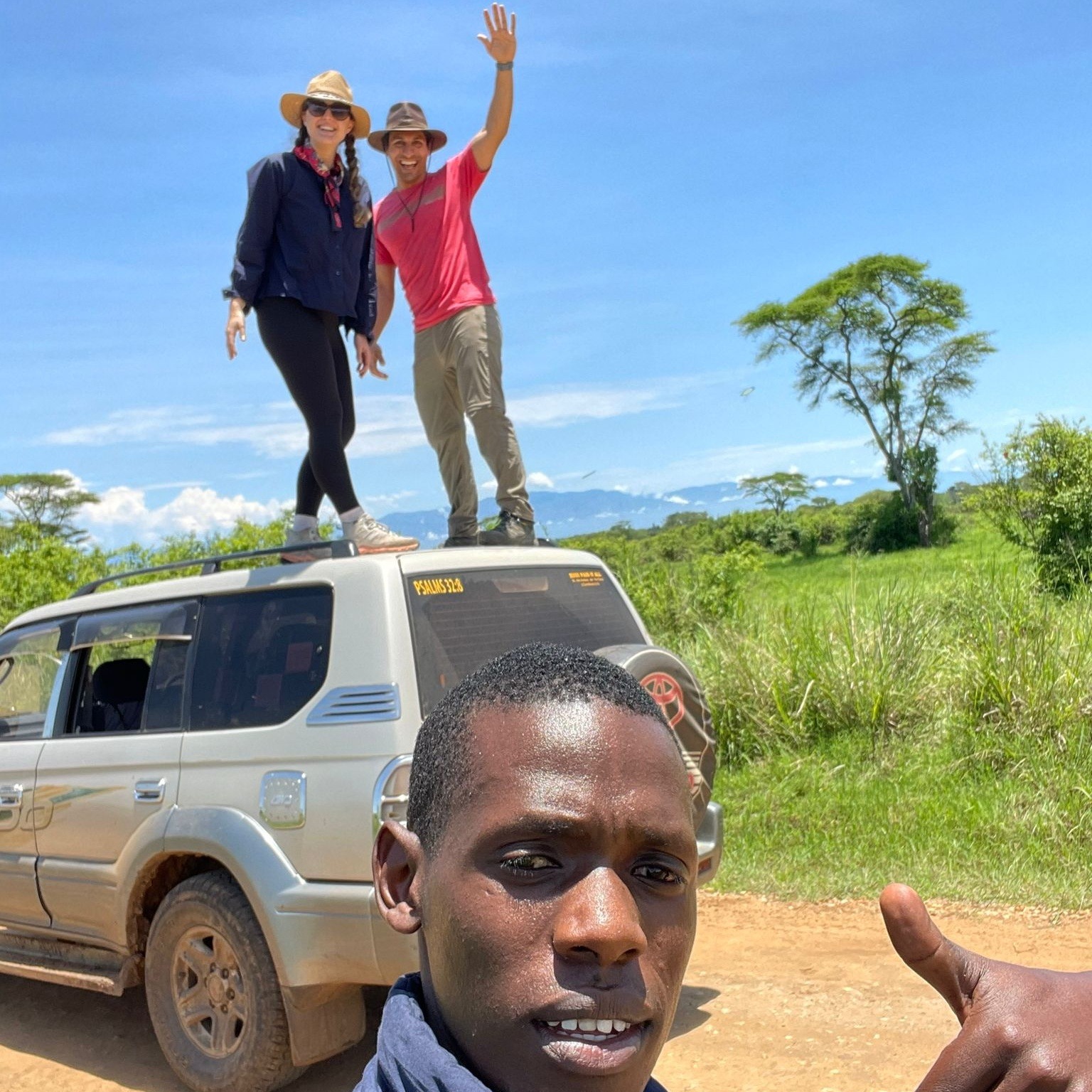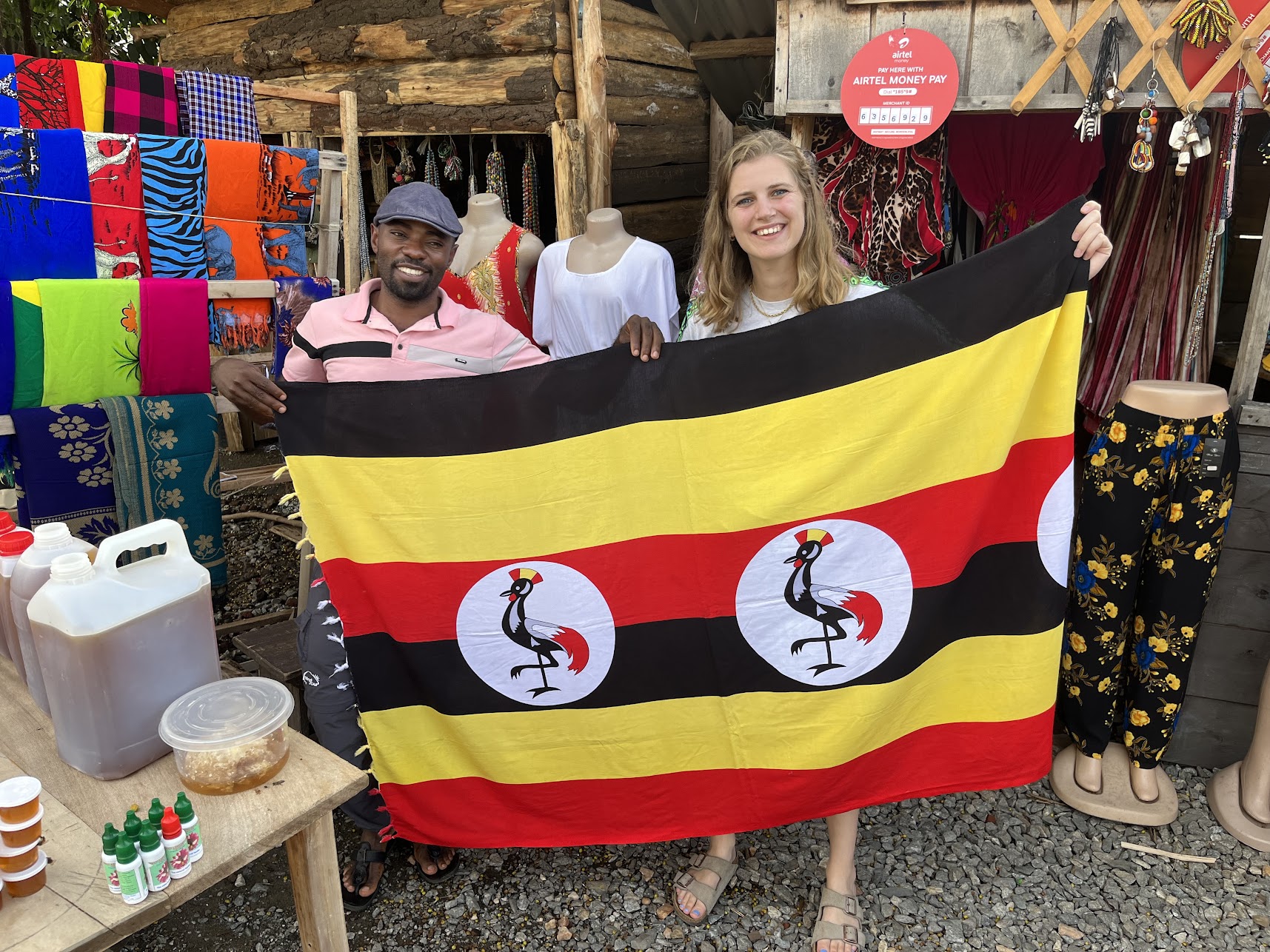
How to Travel Safely In Uganda- Local Expert’s Perspective
Uganda, the “Pearl of Africa,” is a country defined by its lush landscapes, abundant wildlife, and, most importantly, the legendary warmth of its people. As a local who has lived and travelled extensively across this beautiful nation, I can tell you that the vast majority of visitors leave with hearts full of incredible memories and feeling profoundly welcomed.
However, like any developing nation, safe travel in Uganda requires a blend of vigilance, respect for local customs, and reliance on trusted local knowledge. Uganda is generally a very safe place, especially the tourist-focused areas, but adopting a “street-smart” approach is essential to navigate potential issues.
Here is my in-depth guide to travelling safely in Uganda, ensuring your adventure is as smooth and joyous as possible.
1. Transportation: Move Smartly, Especially in the City
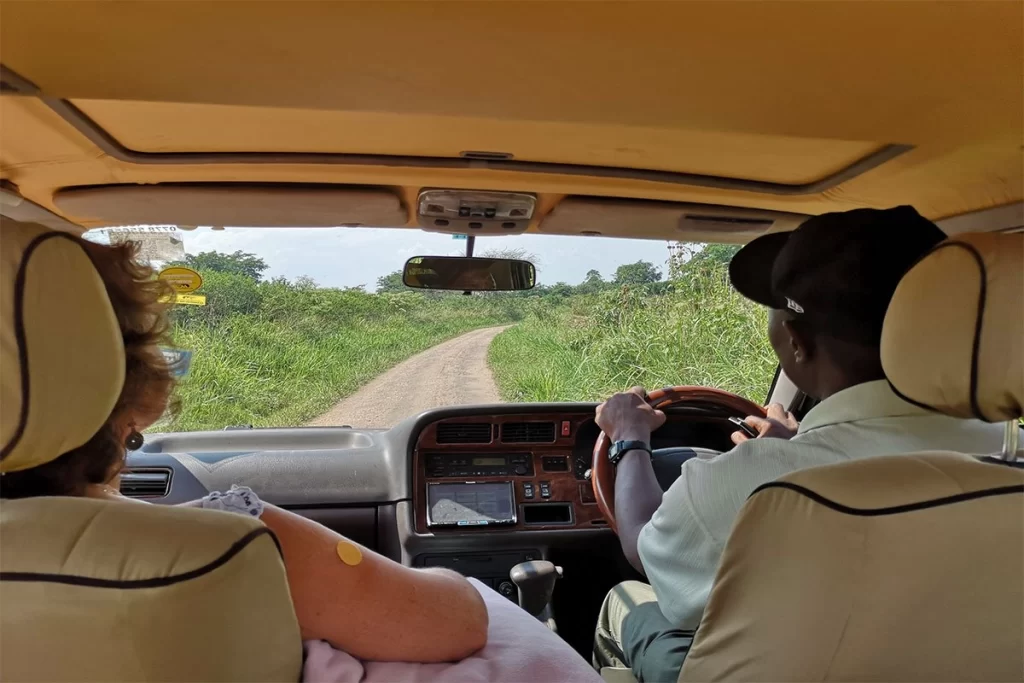
The roads in Uganda, particularly in the capital, Kampala, can be a source of stress and safety concerns for newcomers. Accidents are regrettably common due to poor road conditions, reckless driving, and a mix of vehicles, livestock, and pedestrians.
| Transportation Type | Local Safety Advice |
| Private Drivers | Best Option. Hiring a reputable, licensed tour operator or a dedicated private driver is the safest way to travel, especially for longer distances or safaris. They know the roads, have well-maintained 4×4 vehicles, and understand local security dynamics. |
| Uber/Bolt/SafeBoda | Recommended in Major Cities. Use ride-hailing apps for city travel. For motorbike taxis (boda-bodas), the SafeBoda app is highly recommended as it registers its drivers, offers a safety-conscious service (including a helmet for the passenger), and tracks the ride. Avoid random, unregulated boda-bodas, especially at night. |
| Night Travel | Avoid It. The single most important rule. Poor lighting, unlit vehicles, and the higher risk of opportunistic crime or highway banditry make night-time road travel outside major city centres extremely dangerous. Stick to the day, and travel between Kampala and Entebbe late at night only with a pre-arranged, trusted service. |
| Matatus (Minibus Taxis) | Use with Caution/Avoid. These are the small commuter vans. They are cheap but often overcrowded, poorly maintained, and driven erratically. Tourists are often better off using ride-hailing or trusted taxis for safety and comfort. |
2. Personal & Petty Crime: Keep a Low Profile
The primary risk for tourists is petty theft, particularly in crowded urban areas like markets, bus parks, and busy streets in Kampala and Jinja.
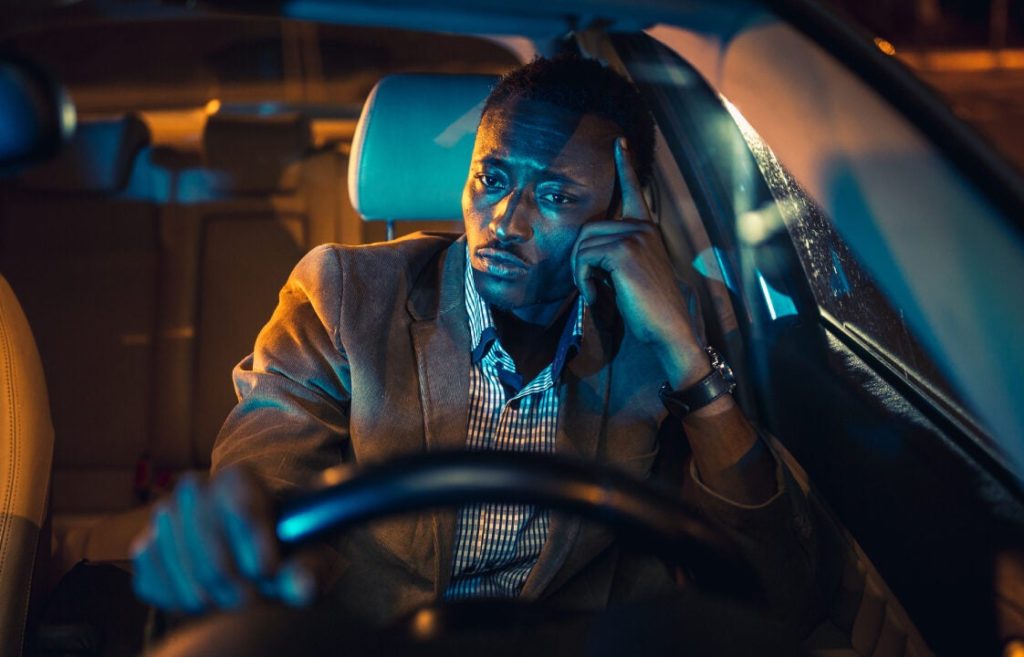
- Don’t Flash Wealth: Leave expensive jewellery at home. Avoid openly using expensive electronics like large cameras or smartphones on the street. If you need to use your phone, step inside a building or a less crowded space.
- The Day’s Cash Rule: Only carry the cash you need for the day. Keep the rest, along with your passport and main credit cards, secured in your hotel’s safe.
- Be Vigilant in Crowds: Wear backpacks on your front in crowded markets. Be aware of groups of children or people trying to distract you—this can be a pickpocketing tactic.
- ATM Use: Use ATMs located inside major bank branches, shopping malls, or reputable hotels. Avoid street-side ATMs at night.
Common Scams to Watch Out For:
- The “Official” Scam: Be wary of seemingly official people (sometimes in unverified uniforms) who stop you and claim you’ve violated a minor regulation, demanding an on-the-spot “fine” or “bribe.” Ask to be taken to the nearest official police station or tourist office to pay the fine legally.
- The Fake Gold/Gemstone Offer: Strangers offering an incredible deal on gold or gems that they “just found” are almost certainly selling fakes.
- The Begging Network: While genuine need exists, some individuals or groups, especially in tourist areas, operate sophisticated begging networks. It’s often safer and more impactful to donate to registered local charities rather than giving cash on the street.
3. Health & Hygiene: Prevention is Key
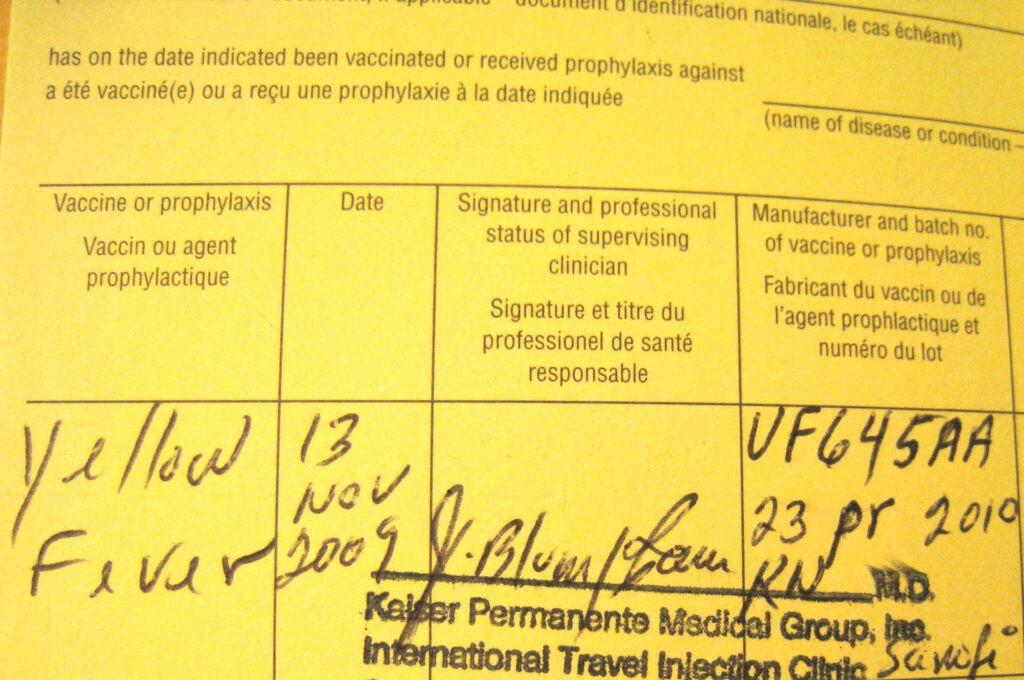
Health risks are often more significant than security risks, but most are easily managed with preparation.
- Mandatory Vaccination: Yellow Fever vaccination is compulsory for entry into Uganda. Carry your Yellow Fever International Certificate of Vaccination (the little yellow booklet).
- Malaria: Uganda is a malaria-risk area. Consult your doctor about anti-malarial prophylaxis. Use mosquito repellent with DEET, sleep under treated mosquito nets (common in lodges), and wear long sleeves/trousers in the evenings.
- Water Safety: Never drink tap water unless it has been properly boiled and filtered. Stick to bottled water (check the seal), and be cautious with ice cubes unless you are in a high-end restaurant or hotel.
- Food Safety: “Cook it, peel it, or leave it.” Eat freshly cooked food served piping hot. Be cautious with street food until you’ve settled in and learned which vendors are reputable and busy. Salads and unpeeled fruits can carry risks if washed with untreated water.
4. Cultural & Political Sensitivity: Be Respectful
Ugandans are incredibly welcoming, but being mindful of local laws and norms is a crucial part of your safety.
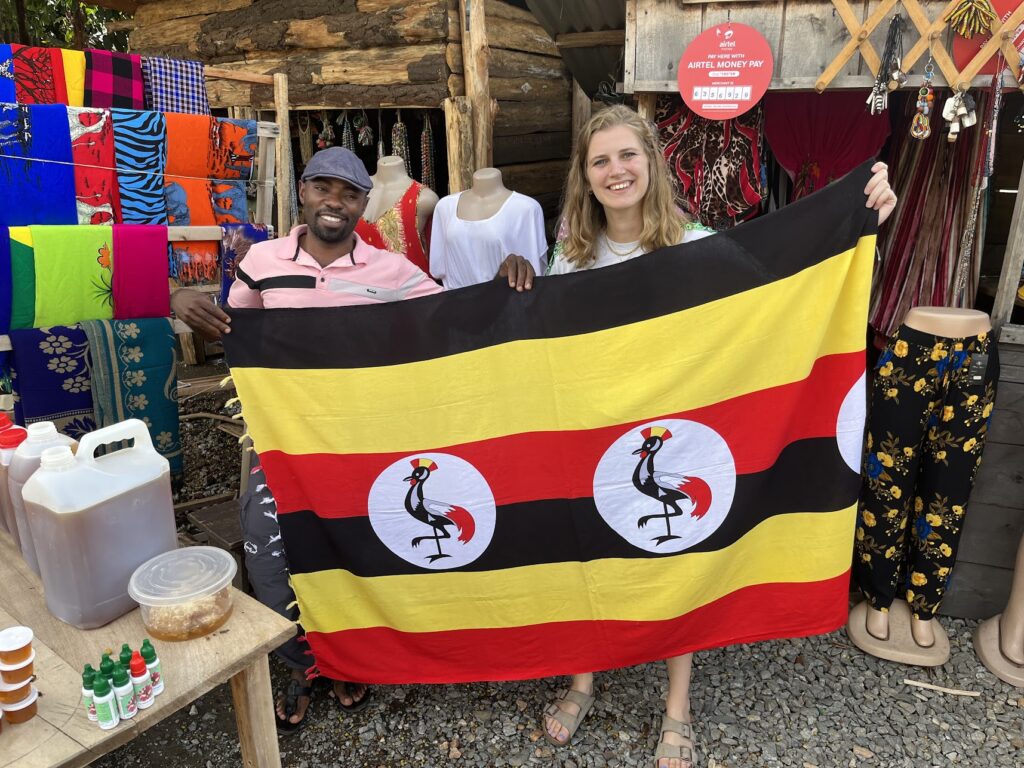
- Greetings and Respect: A simple greeting (“Jambo” in Swahili though Luganda is more common around Kampala, and simply “Hello” is fine) goes a long way before asking a question or engaging. Politeness and patience are highly valued.
- Photography: Always ask permission before taking photos of people. Do not photograph military, police, government buildings (like State House or Parliament), or security installations, as this can lead to serious trouble with authorities.
- Political Events: Steer clear of all political rallies, protests, or large demonstrations, as they can escalate quickly and draw a heavy security response. Do not discuss Ugandan politics publicly or on social media while in the country.
- Modesty: Dress modestly, especially in rural areas or when visiting places of worship. This shows respect and can help women travellers avoid unwanted attention.
- LGBTQ+ Travel: The legal environment for LGBTQ+ persons in Uganda is very hostile. It is strongly advised that LGBTQ+ travellers exercise extreme discretion and avoid any public displays of affection or any action that could draw unwanted attention.
5. Wildlife and Adventure Safety: Trust Your Guide
Uganda’s famous safaris and trekking activities are highly regulated for your safety and the conservation of the environment.
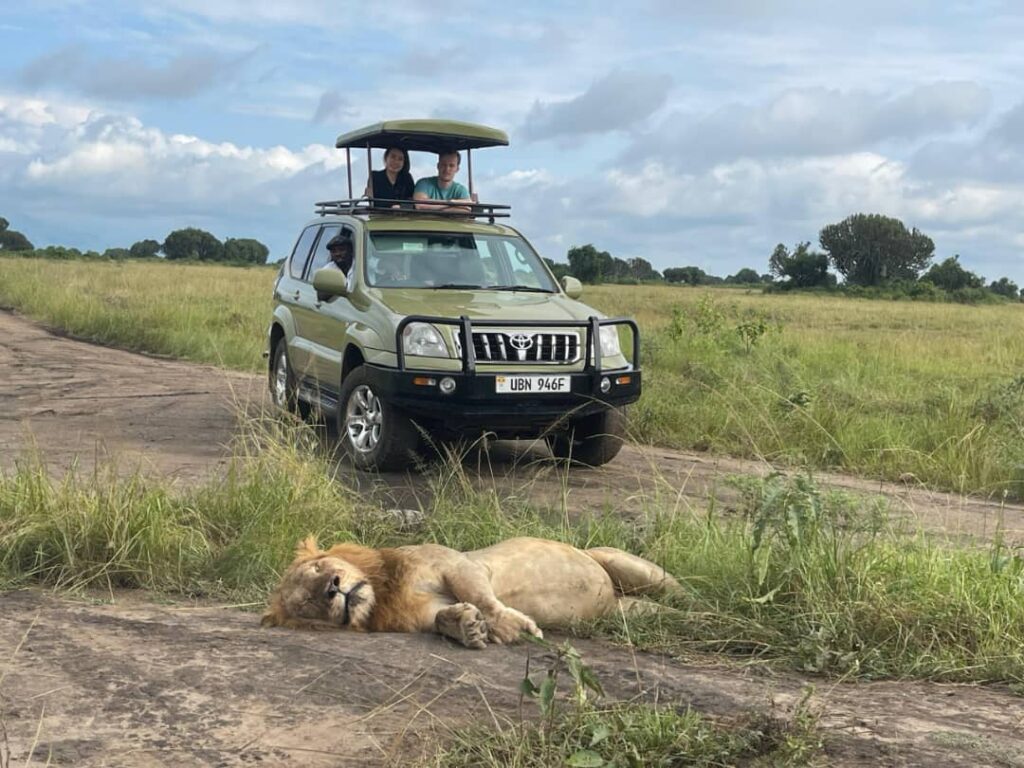
- Licensed Operators Only: Only book your gorilla/chimp trekking permits and safaris through the Uganda Wildlife Authority (UWA) or a reputable, licensed tour operator.
- Follow the Ranger’s Lead: In national parks, your armed ranger or guide is the expert. Follow their instructions to the letter during game drives, nature walks, and especially during gorilla trekking. This is non-negotiable for your safety.
- Distance and Quiet: Maintain the required distance from primates (usually 7 meters) and keep noise to a minimum. Never attempt to feed or touch any wild animal.
Local Emergency Contacts:
- Police Emergency: 999 or 112
- Ambulance/Fire: 112
- Contact Your Embassy: Register with your country’s embassy or consulate upon arrival so they can better assist you in an emergency.
A Final Word from a Local
Uganda is truly a safe and remarkable country for travel, provided you follow these sensible precautions. Most Ugandans are genuinely proud to share their country and will go out of their way to help a visitor. If you approach your journey with an open heart, a respectful attitude, and a healthy dose of street smarts, your time in the Pearl of Africa will be nothing short of extraordinary. Enjoy your journey—Webale nnyo (Thank you very much)!
For any further information or rental car and driver request- please reach out to us via info@rentadriveruganda.com or chat/call us on +256-700135510.
Bryan Muhoozi– Driver Guide at Mumwe Safaris
